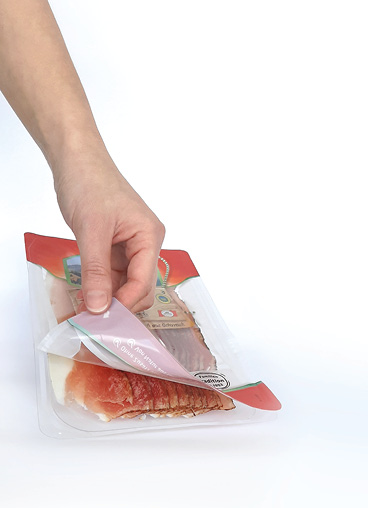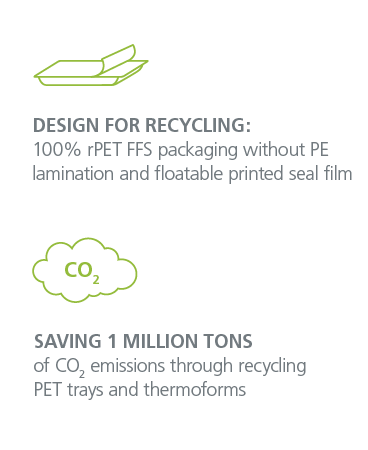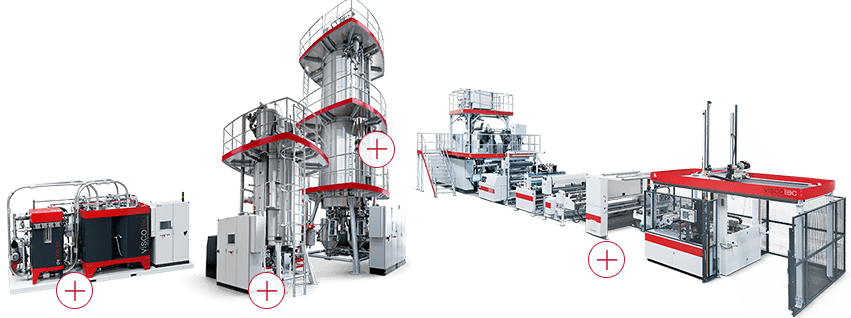In Life Cycle Analyses, real closed loop recycling is discriminated in the way how they are now conducted with the allocation and substitution factors. Different studies cannot be compared if you do not have access to the details of the study, especially the allocation and substitution factors used.
rPET has the lowest carbon footprint of all packaging solutions.
If these factors are used right, it shows one thing very clearly: rPET is unbeatable in packaging applications, much better than other plastics, paper, or cardboard, and even returnable glass in all categories such as CO2 emissions, water consumption, acidification potential, and summer smog. On our webpage, you can find comparisons of different PET packagingsolutions.
Yes. Closed loop is possible and done for more than 10 years.
True recycling is primarily done with PET bottles, where a bottle becomes a bottle again. For example, here in Austria, we have PET bottles in the market which contain a minimum of 70 % recycled content coming from the same bottles for 10 years. This proves that it is possible. Compared to other plastics, PET is the only plastic that can be recycled in a closed loop. This is due to its unique properties for rebuilding the intrinsic viscosity (iV) during the recycling process and also its migration properties, which enables safe food-grade recycling.
Bottle to bottle is developed. Let’s go for the other 1 Million tons of PET packaging waste in the EU and recycle.
If we disregard bottle recycling, the numbers for PET recycling are rather low. This is caused by the product design of the packaging, e.g. direct printing on PET cups, laminated PE film for sealing on the PET, additives, such as intrinsic viscosity enhancers, the usage of oxygen scavengers, and polyolefin-based nucleating agents. All of these are polluting the PET stream and make economical closed loop recycling impossible.
At viscotec we have made a lot of developments over the last years to make a closed loop PET recycling possible, e.g. to replace PE lamination with pure PET for Form Fill and Seal (FFS) packaging, to extend PET applications to higher temperatures, and to replace other plastics, such as PP and PS with PET.
Markus Fellinger, viscotec







